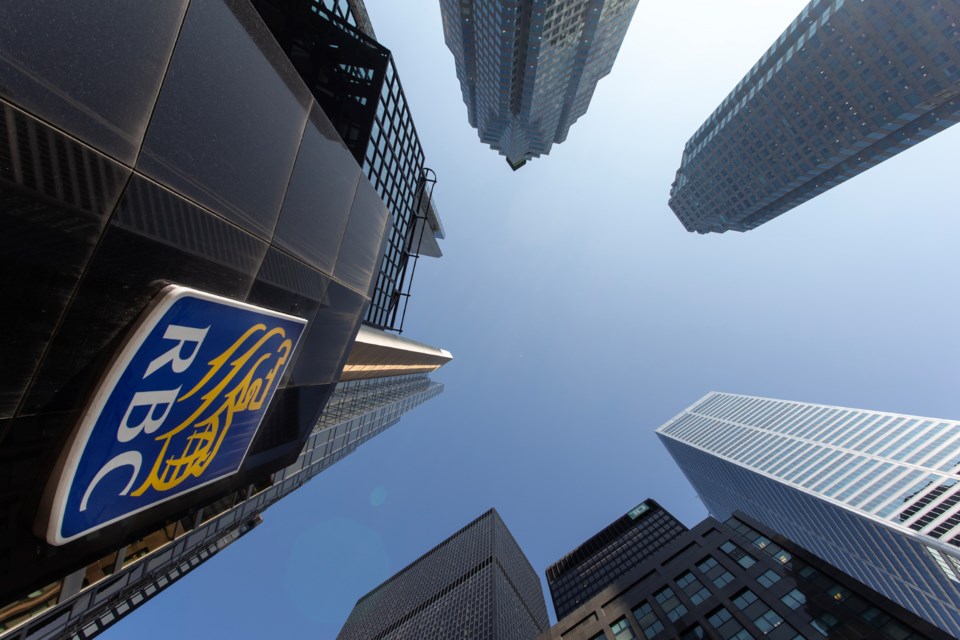One of Ontario’s biggest developer groups is seeking a judicial ruling on whether the City of Toronto has the legal authority to impose green building standards on new construction.
The Residential Construction Council of Ontario (RESCON) filed a legal application with the Ontario Superior Court of Justice requesting a “mandatory order” that would block the city from enforcing construction standards that go beyond those set out in the Ontario Building Code.
At issue is the Toronto Green Standard, which has existed in various forms since 2006.
The standard aims to improve the city’s air quality, transportation, energy usage, water efficiency and waste diversion by laying out a checklist of requirements developers need to meet when proposing a new building.
These include everything from bicycle parking and pedestrian walkways to energy efficiency targets, trash compaction guidelines and tree-planting quotas.
The Toronto Green Standard has a series of tiers. Only the lowest, tier 1, is mandatory. All of the more stringent tiers are voluntary but can lead to development charge refunds for builders who meet the requirements.
However, in its legal filing RESCON argues that “at present” the city “treats the Toronto Green Standard as mandatory.”
In an interview with TorontoToday, RESCON CEO Richard Lyall alleged that city planners “put pressure on” developers to meet higher standards.
“They can make life very difficult for you,” he said of city staff in a phone interview. “They can tie you up in knots.”
In response to questions from TorontoToday about the legal challenge and allegations the city was applying the voluntary tiers in a mandatory fashion, a City of Toronto spokesperson declined to comment.
“The City only received the court application today and will require time for review before it can provide further comment,” the spokesperson said Monday.
The legal argument
RESCON’s legal filing contends the Ontario Building Code (OBC) is the law of the land and neither the provincial Planning Act or the City of Toronto Act grant the city authority to set construction standards.
It zeroes in on Section 114 of the City of Toronto Act, which outlines the city's authority to request drawings and proposals for buildings before they are constructed. One subsection lists several exclusions from this authority, including "the manner of construction and construction standards."
The legal challenge seeks a judge's declaration that the Toronto Green Standard is an instrument used to govern construction standards and therefore violates the provincial act. Lyall argued it also defies the spirit of the OBC, as instituted in the 1970s.
“All it's doing is jamming projects” and driving up costs, Lyall said, linking the issue to the housing crisis. “It’s become a runaway train.”
The nine-page judicial application was compiled by Aird & Berlis LLP, a law firm that frequently represents development companies.
RESCON's problems with the green standards
The Toronto Green Standard goes beyond the OBC in several areas. For example, tier 1 requires the installation of electric vehicle infrastructure, something Ontario Premier Doug Ford has refused to mandate provincewide.
RESCON takes issue with the number of EV chargers Toronto requires in relation to the number of units in a development, calling the rule another cost driver for builders.
Lyall said Toronto's bespoke standards aren't necessary because the OBC has been “getting greener and greener” and is among the most stringent building codes in North America.
On Thursday, the city’s planning and housing committee is poised to consider another proposed revision to the Toronto Green Standard that aims to accelerate the roll out of greenhouse gas emission limits to “ensure that buildings constructed in or after 2030 are near zero emissions.”
That would put Toronto a decade ahead of the net-zero building target that is expected to be included in the federal government’s planned update to the National Building Code next year, per RESCON.
Lyall said the city’s move to once again revise the standard was “the last straw” and prompted RESCON to file the legal complaint.
Toronto doesn’t “have the authority to do this in the first place,” he charged.
The city staff report prepared for Thursday’s meeting argued that updating the Toronto Green Standard every four years has succeeded in “advancing the City's environmental sustainability priorities” and ensured “the development industry has time to adjust to higher standards.”
If passed by city council later this month, the revised "near zero" construction rules would be built into a fifth tier of the Toronto Green Standard that would come into effect in 2026.
